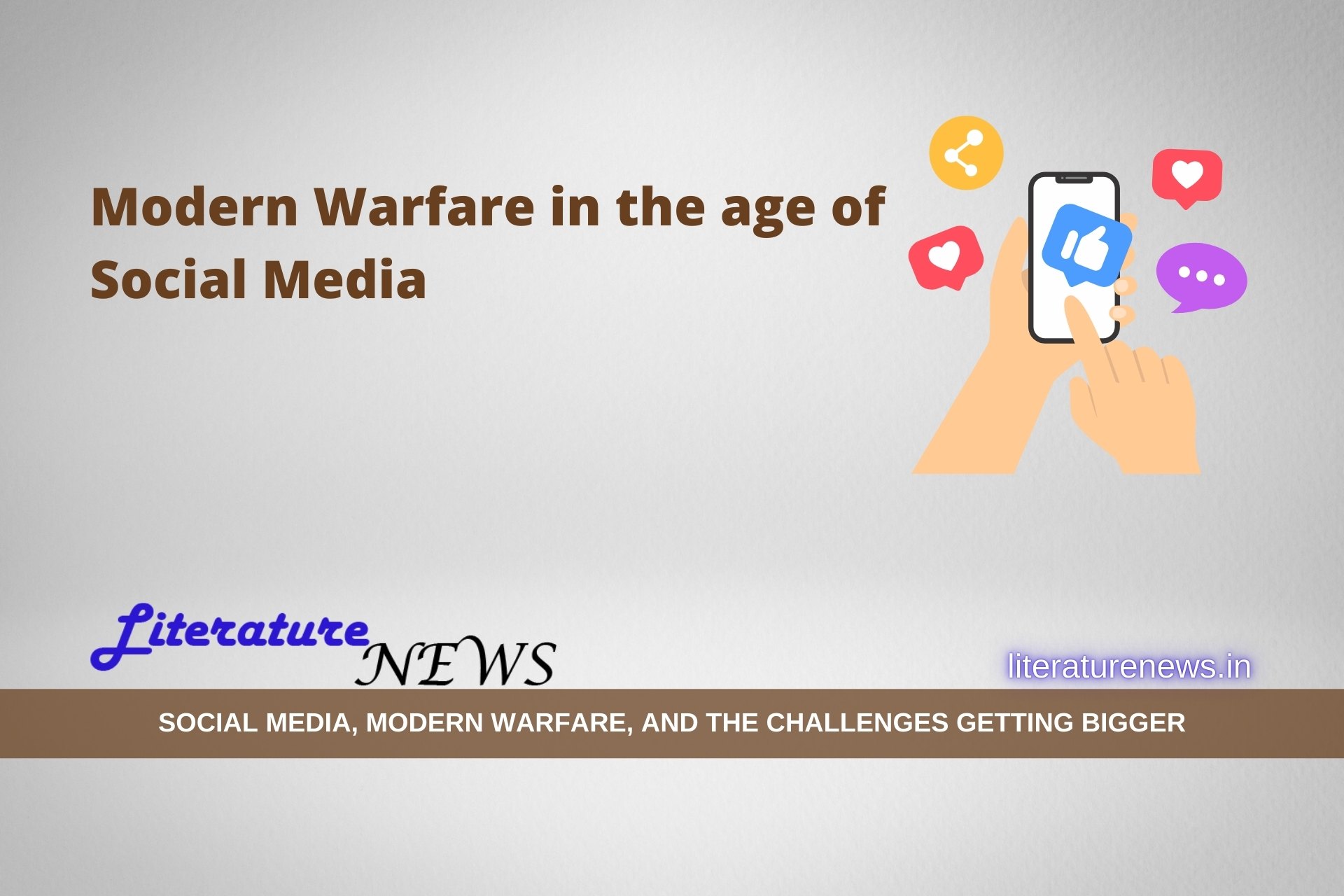Aravind Adiga never disappoints his favourite critics with his witty satire and outsmarting conundrum into which he throws the readers to ponder and come out (seldom clean). His novels in the past have been witnessing such tactics. The present novel, published in 2020, Amnesty, once again throws the mud of the same guilty conscience on ‘brown people’ who are too jealous to get someone thrown out of their homes (howsoever illegal) or universities (be it on an expired student’s visa). Amnesty is a cleverly written novel that does highlight the plight of immigrants, mostly illegal, in foreign counties. The novel could have been closer to the real account of migrants who find it difficult to survive on the foreign land without the added (but clearly unnecessary) flavour. However, we know how greedy are we when it comes to adding flavours to our dishes. Adiga was cooking another ‘fowl side’ of Indians albeit this time in Australia.
The novel is more like a cat and mice game that has been over-stretched to take the shape of a novel. Danny keeps hiding from authorities in Australia because his visa has expired and he does not want to go to prison. Adiga has written in his acknowledgement that the novel has been inspired, in pieces, by true accounts of people who become illegal immigrants in Australia (and many other countries) and can not find refuge. Danny and Prakash are two major characters – one has been made the protagonist and another has been pushed to become an antagonist. It was all-fine until the author becomes poking fun in a very wry manner. Adiga enjoys extracting pleasure from minor Indian mistakes, ambitions and even body features.
“You know what I like about Indians? Indians are the world’s only fat vegetarians. Happy, fat vegetarians.”
It’s alright. However, this, to any sane person who might use the tiniest part of his or her brain, metaphorically or literally I don’t care, won’t look good:
“You knew they were Indians. You know Indians are the worst thing for a Sri Lankan Tamil, so why didn’t you stay away from these two Indians?”
It seems, from the outset, that any jury might consider only the works of literature that make Indians, in an overall manner, look bad, guilty, ugly or just unholy… Adiga’s constant habit of pulling the legs of Indians on every valid or invalid, genuine or ingenuine account is certainly not doing justice with his otherwise great talent of putting real stories into fruitful fictitious works of literature… touching, sentimental, realistic and even though-provoking to a great extent.
The flip side of being a literary genius is that the novels by Aravind Adiga do not travel to the distance which is covered by the secondary rank novelists like Chetan Bhagat or Amish Tripathi. These two novelists, named latter, play with the sentimental subjects close to us, Indians. Adiga tries to remain objective within his subjectivity ambit and he overdoes what he tries to do all the time and that’s why he might be a critic favourite, but he can seldom become a readers’ favourite.
By Manish for Literature News






Add Comment